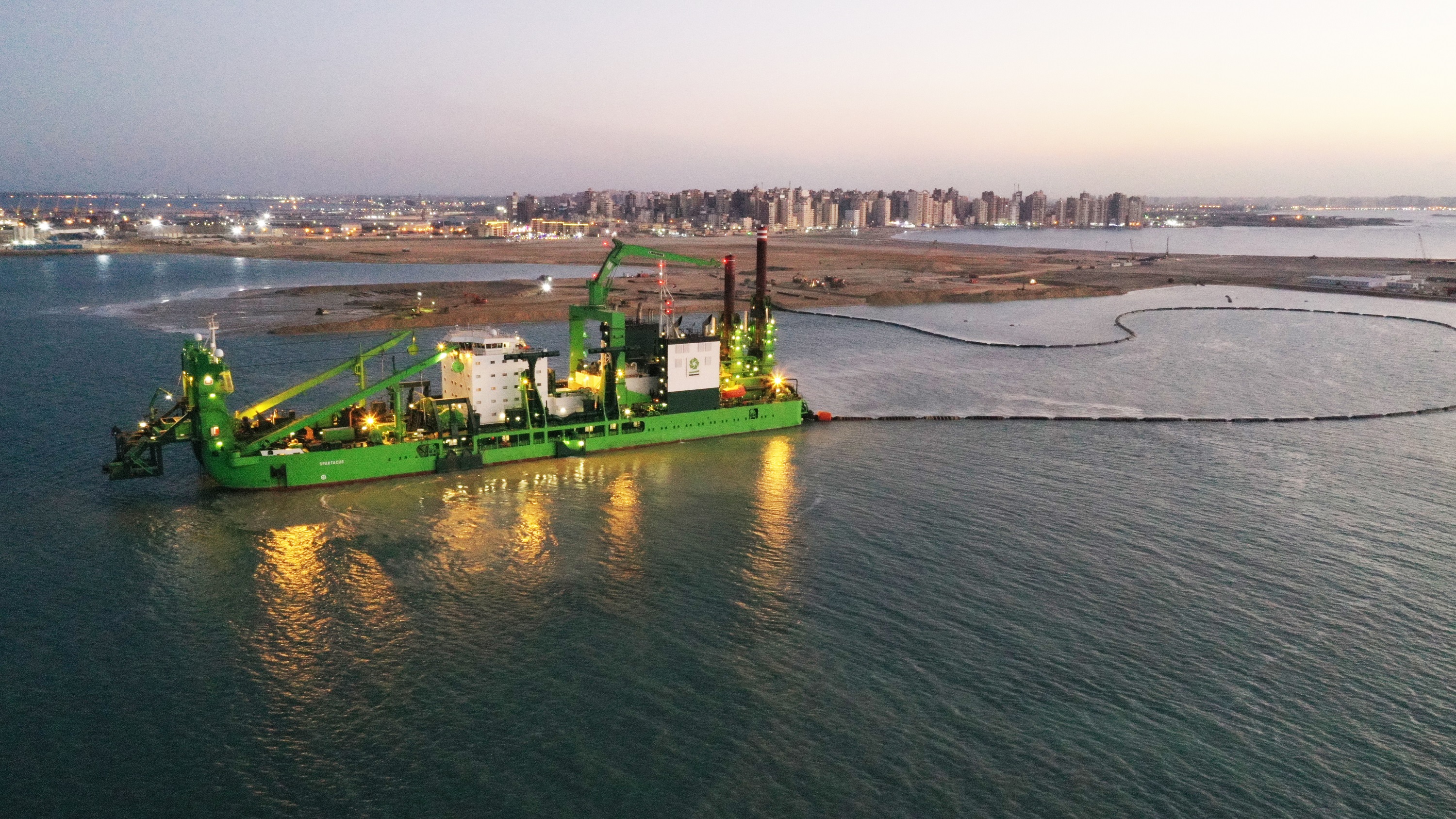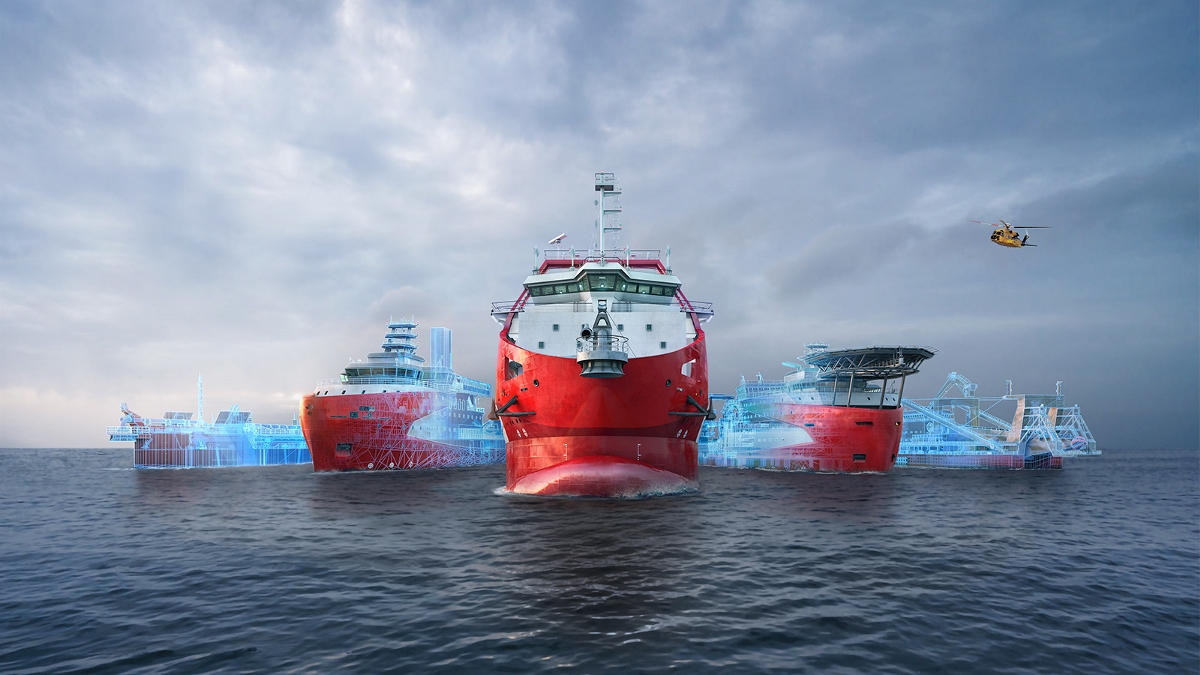Fuel efficiency improvement with waste heat recovery

Traditional vessels use heated fuels such as heavy fuel oil. The exhaust gas heat keeps these fuels at the right temperature. The maritime energy transition towards cleaner alternative fuels offers new possibilities for using the exhaust gas heat. For example, to produce additional electrical power with a Waste Heat Recovery (WHR) system. These systems offer fuel consumption reductions of about 5 to 10%.
Waste Heat Recovery systems
The two most well-known WHR systems are the Steam Rankine Cycle and Organic Rankine Cycle. The main difference is the working fluid. The Steam Rankine Cycle uses water/steam as the working fluid, while the Organic Rankine Cycle uses organic fluids with lower boiling points such as refrigerants or hydrocarbons. In addition, a Steam Rankine Cycle is a more complex and expensive system with a higher fuel savings potential. While an Organic Rankine Cycle is a simpler system, cheaper and easier to install, but with a lower fuel savings potential.
Fuel savings potential
The main factors for the economic feasibility of the Waste Heat Recovery systems are the investment costs and the saved fuel costs. As part of our study, we investigated the impact of a Steam Rankine Cycle (SRC) and an Organic Rankine Cycle (ORC) system for a dredger with a typical operational profile. For the ORC system we found a fuel savings of 2-4% and for the SRC system 4-6%. This study also found payback periods of 1-7 years for the ORC systems and 3-16 years for SRC systems where the period depends on the operational profile and the fuel price scenario. We believe that in the future, Waste Heat Recovery technologies will also help to reduce the emission taxes of vessels resulting in a further cost savings.
Cutter suction dredger SPARTACUS
Royal IHC recently built and delivered the world’s most powerful cutter suction dredger, the SPARTACUS. This ground breaking ‘smart mega cutter’ sets a new standard for the dredging industry with liquefied natural gas (LNG)-fuelled engines as well as a steam-based Waste Heat Recovery system. The Waste Heat Recovery system allows the Spartacus to reduce its fuel consumption with about 4-7%.
Learn more about the world’s most powerful cutter suction dredger: SPARTACUS
Most suitable solution for your situation
We have extensive knowledge on the use of alternative fuels, new prime movers and energy savings technologies. That being said, there is no single solution for cleaner ships. Cases and situations are unique and ask for dedicated solutions. Reach out to us with your maritime energy challenge. As leader in the maritime energy transition we will help you find the most suitable solutions for your situation.
-

Benny
MestemakerSenior specialist New Fuels & Drive systems

Stay up to date with the latest news
Wondering what we at Royal IHC are up to? Sign up for our newsletter where we highlight our latest innovations, new solutions and delve into market challenges.